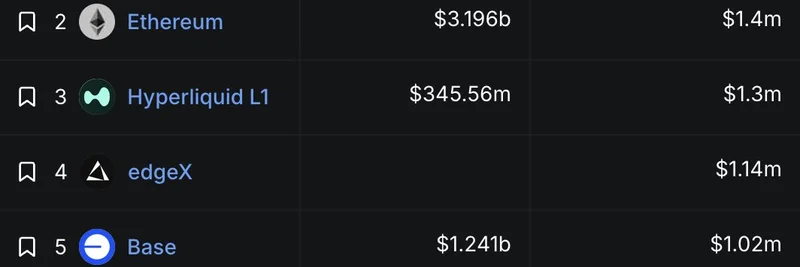Hey there, meme token enthusiasts and blockchain buffs! If you’ve been scrolling through X lately, you might have stumbled upon a heated discussion about the Tea app—a controversial platform that’s got everyone talking. The thread kicked off by ℵᵥ (@alpeh_v) on July 26, 2025, raises a big question: should applications be legally prevented from accepting or storing ID data? Let’s dive into this juicy topic and see what it means for the future of privacy, especially in the wild world of blockchain and meme tokens.
What Triggered This Debate?
The Tea app, dubbed a “Yelp for men,” lets women anonymously leave feedback on dates, flagging potential red flags. Sounds handy, right? But it’s turned into a privacy nightmare. According to Fast Company, the app faced backlash after men reported posts about them, sparking outrage on platforms like Reddit and TikTok. This disaster has people questioning how apps handle personal data—and whether they should at all.
ℵᵥ’s post suggests a bold solution: ban apps from storing ID data to prevent such mishaps. It’s a hot take that’s sparked a flurry of replies, blending humor, tech insights, and real concerns. Let’s break it down.
Why Banning ID Data Storage Makes Sense
Storing ID data is like handing over the keys to your digital life. If an app gets hacked or misused—like the Tea app seems to have been—your personal info could be exposed. The World Bank’s ID4D highlights that legal frameworks should protect user privacy, suggesting a mix of laws and tech safeguards. Banning storage could force apps to rethink how they verify users, potentially leveling the playing field for privacy-conscious projects like meme tokens.
But it’s not all smooth sailing. Apps need some way to know who’s who to prevent spam or fraud—think sybil attacks in the crypto space. That’s where the thread’s follow-up ideas come in.
Enter Zero-Knowledge Proofs (ZK)
In a reply, ℵᵥ mentions pairing this ban with a “properly functioning zk-ID system.” If you’re new to this, zero-knowledge proofs (ZK) are a blockchain trick that lets you prove something—like your age or identity—without revealing the details. Vitalik Buterin’s blog dives into how ZK-wrapped digital IDs could secure online spaces without compromising privacy. Imagine logging into a meme token platform and proving you’re not a bot, all while keeping your real info under wraps. Cool, huh?
The thread’s users seem to vibe with this. Comments like “we like-a da zk” from bafa (@0xBAFA) show enthusiasm, though Albiona Hoti (@albicodes) points out the UX (user experience) challenges. Designing a seamless zk-ID system isn’t easy, but it could be a game-changer for blockchain apps.
The UK KYC Twist
Things get spicier with GUNBOATs (@0xgunboats) noting the UK’s push for mandatory KYC (Know Your Customer) rules in 2025, per iDenfy. This means UK users might soon need to verify their identity for online services, clashing with the no-ID-storage idea. It’s a classic tug-of-war between security and privacy, and meme token communities—often anti-KYC—might feel the heat.
What This Means for Meme Tokens
For those of us at Meme Insider, this debate hits home. Meme tokens thrive on community and anonymity, but scams are rampant. A zk-ID system could filter out bad actors without killing the vibe, aligning with the decentralized ethos. Plus, with devs (as jseam (@henlojseam) suggests) needing to up their security game, we might see safer platforms emerge.
The Bottom Line
The Tea app fiasco is a wake-up call. Banning ID data storage could protect users, but it needs a solid alternative like zk-IDs to work. As blockchain tech evolves, finding this balance will be key—especially for meme token ecosystems where trust and fun go hand in hand. What do you think? Drop your thoughts in the comments, and stay tuned to Meme Insider for more blockchain insights!



, which matches the one provided.***](https://cdn.meme-insider.com/20251105-pump-fun-integrates-moonpay-easier-fiat-onramps-for-solana-memecoins.webp)